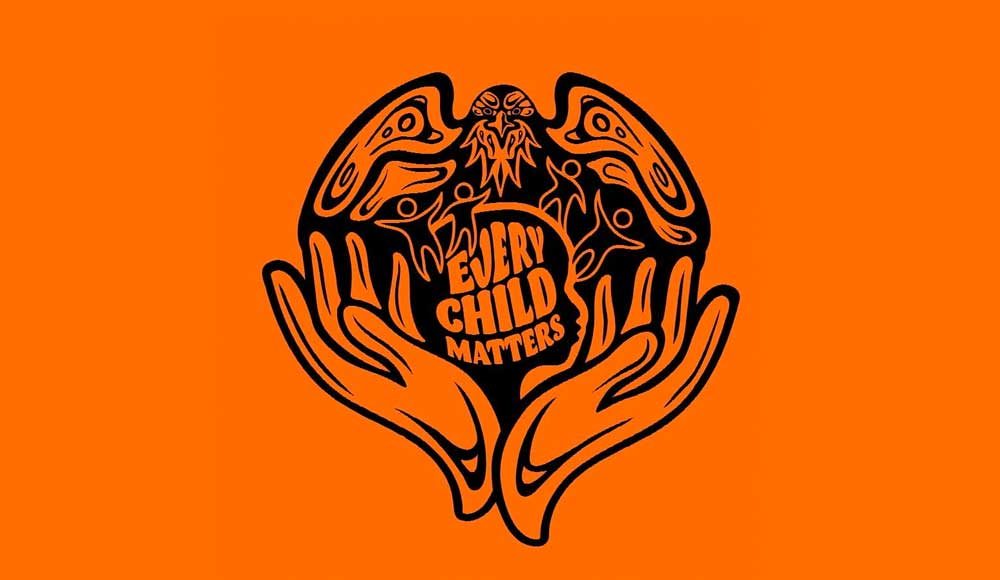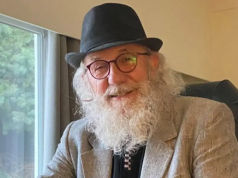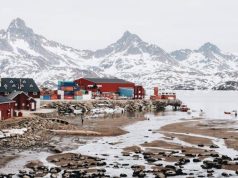National Day for Truth and Reconciliation
Throughout these vast lands we now call Canada, we are recognizing this day for Truth and Reconciliation.
It’s a powerful day to pay respect, and to recognize the impacts of history on the present. I think of Indigenous families and communities and how they have been affected by a 200-year program of assimilation through residential schools, executed by the Catholic, Anglican and other Protestant churches in full partnership with the Canadian government.
Since the Truth and Reconciliation Commission (which ended in 2015), non-Indigenous Canadians have been in a process of awakening to a difficult past that was previously hidden. In 2021, with the discovery of the unmarked graves of 215 children next to the former Kamloops residential school, we engaged even deeper in this Canadian narrative. Since then, evidence of thousands of children have come to light. It’s beginning to sink in, and we are grappling with the concept known as “reconciliation.”
Jisgang Nika Collison of the Haida Nation says, “I don’t call it ‘reconciliation.’ I call it a commitment to coexistence.” I think this is really what our work as settlers is: committing to coexist, and committing to each other in relationship.
On September 30 please take some time to learn about the people of the land that you are on. Where were their children sent? Answer the invitation to wear an orange shirt, and join the people of all nations who are honouring the children who never came home, as well as the survivors of residential schools.
There are many events and invitations to learn, pay respect and stand with others to affirm that every child matters. It is an important act to honour the invitation and show up to learn. These events and calls to wear orange are invitations to step into relationship, and offer a humble way to commit to coexistence. Take another step, and make a donation to an organization like One Days Pay.
History stretching back through millennia includes cultures and practices to take care of these lands. That history is much longer than the story of Canada. The story of colonialism is much shorter and includes the residential school programs, as well as a litany of other assaults on Indigenous Peoples.
This background is important to understand. It makes the healing, empowerment and leadership that is building in Indigenous communities across Turtle Island all the more profound.
Indigenous self-determination
This history is important to know and recognize, as we witness a powerful story of resurgence and reclamation of power in Indigenous self-determination and governance of territory. We are getting to know our new board chair, microbiologist Däkäl’äma Jocelyn Joe-Strack, who is from the Yukon First Nations. It was more than 50 years ago that Yukon chiefs wrote “Together Today for Our Children Tomorrow,” which began their modern land claim, and led to Yukon First Nations’ self-determination. Thanks to this, they have had self-determination for decades.
This year is also the 10-year anniversary of the historic Tsihlqot’in title agreement. The Supreme Court of Canada declared that the Tsilhqot’in Nation has title to part of their traditional territory. It was the first time a Canadian court issued a declaration of Aboriginal title. It recognizes the right of Indigenous people to occupy and use their lands, and not have them taken without consent. This right is older than Canada, and covers lands not covered by treaties. I’m proud that the David Suzuki Foundation supported the early days of the court case that resulted in this declaration.
Finally, this spring, after 100 years of assertion of Aboriginal title by Haida people, the Province of B.C. finally recognized Haida title of all terrestrial Haida Gwaii. It is official in the Gaayhllxid/Giiahlagalgang “Rising Tide” Haida Title Lands Agreement. It was powerful to witness the Haida in the B.C. legislature. Despite facing many colonial-settler roadblocks, Indigenous Peoples are creating their own futures.
Over the past couple of years, the David Suzuki Foundation has collaborated to produce some beautiful videos and online dialogues. I’d like to share two in particular: this series on some of the past, present and future realities of land governance, and this series on the history of Treaty-Crown relationships in Canada.
Thank you for engaging with me on this important day.
Severn Cullis-Suzuki
Executive Director
David Suzuki Foundation







